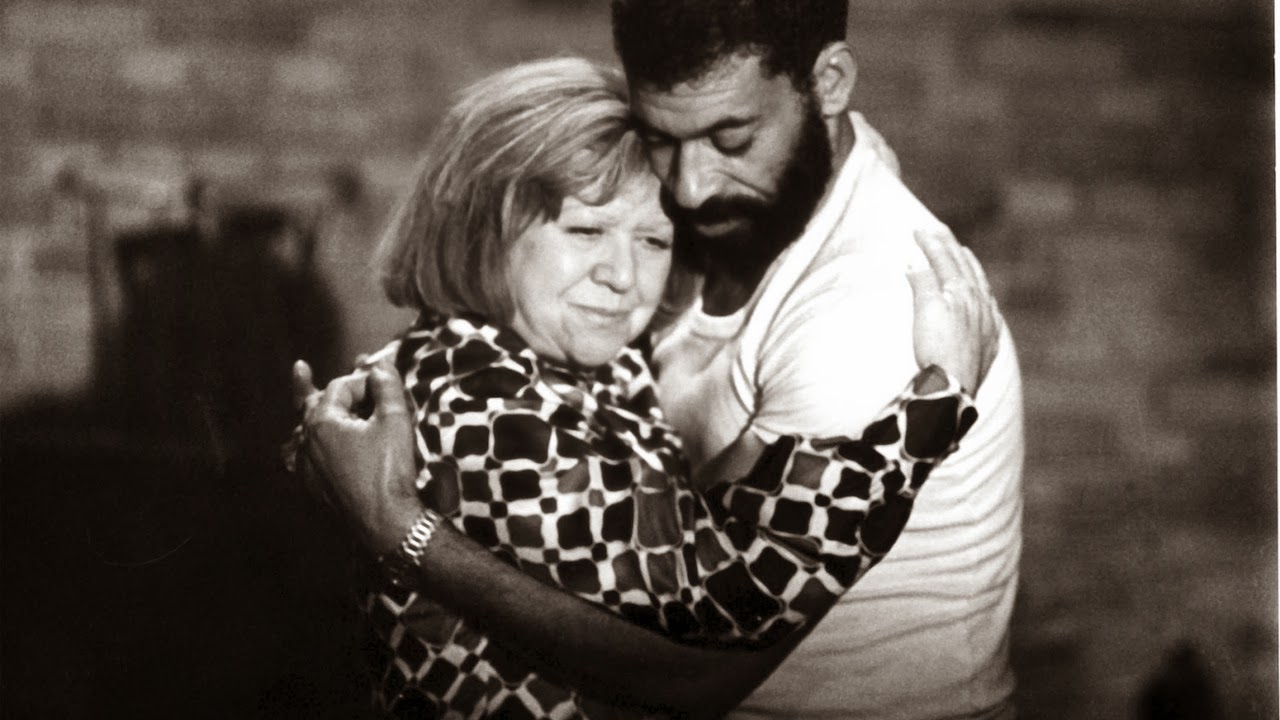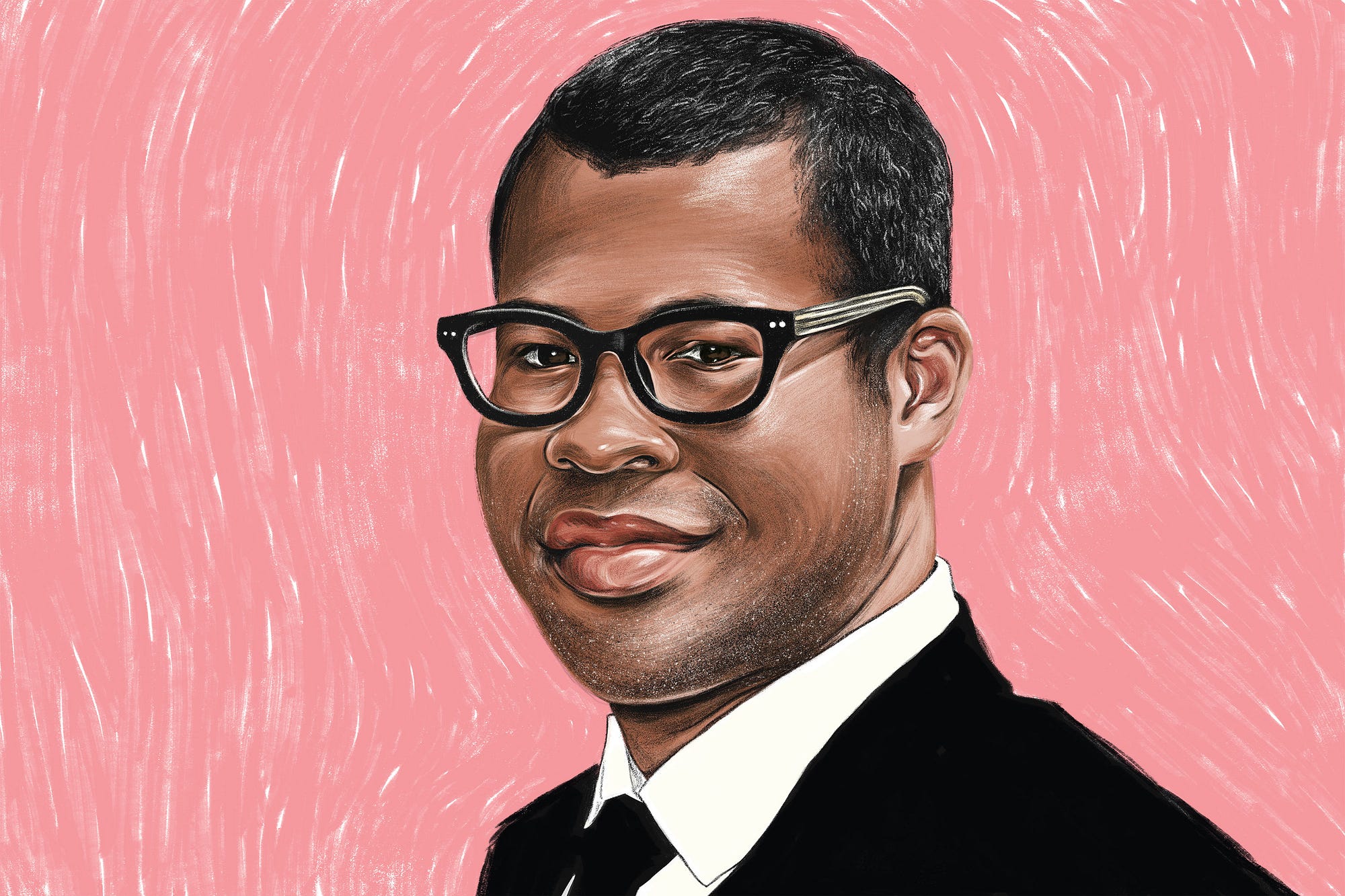CALL FOR PAPERS | Mixed Race in Asia and Australasia: Migrations, Mobilities and Belonging
Asia Research Institute
Seminar Room
AS8 Level 4, 10 Kent Ridge Crescent, Singapore 119260
National University of Singapore @ KRC
2017-10-12 through 2017-10-13
2017-02-01
CALL FOR PAPERS DEADLINE: 1 APRIL 2017
The topic of mixed race, often overlooked by researchers because of its connection with discredited notions of ‘race’, has recently come into its own as a result of recognition of the unique and diverse experiences of those who challenge monolithic racial categories. Interest in DNA testing to determine the global scale of one’s ancestry is becoming increasingly popular, demonstrating the ubiquity of mixedness. A number of publications from the USA and the UK and growing interest internationally (King-O’Riain et al, 2014; Edwards et al, 2012), as well as an increasing social network presence (www.mix-d.org; www.intermix.org.uk; mixedrootsstories.com; www.mixedsingle.com; www.mixedracestudies.org) and media representation, signal the importance of this growing phenomenon. This workshop seeks to extend knowledge about mixedness in the Australasian and Asian region through a range of collaborative endeavours.
People of mixed race are often seen as either ‘marginal’ (in terms of culture, psychology and community) or as the vanguard of an integrated, post-racial, cosmopolitan world (Edwards et al. 2012). Such dichotomies ignore the complex lived reality of being mixed (‘passing’, having ‘multiracial’ identities, feeling one race while looking like another etc.). The lived experience of being ‘mixed’ is strongly influenced by political and social context, and thus cross-national and cross- cultural comparison is vital.
In many countries in Asia, racial, ethnic and cultural mixing has a long history, and narratives around mixed race have developed in vastly different ways. From established identities such as Anglo-Indians in India, Eurasians in Singapore and Peranakans in Southeast Asia, to newer identities such as Hafus in Japan, and indeed those without named identifiers, individuals of mixed heritage have diverse experiences. These experiences have been shaped by a range of historical circumstances (colonial versus more peaceful intercultural engagements), political contexts (monarchies, democracies, authoritarian dynasties), and by the type of mixedness (e.g. European, Chinese, Indian, Japanese; indigenous), as well as different levels of political, cultural and social acceptance. ‘Racial purity’ is seen as desirable in some Asian countries, particularly those with less colonial baggage, often leading to the marginalisation of those of mixed backgrounds.
For the workshop, key themes of interest include:
- How collective and individual narratives of ‘old’ hybrid identities are changing in relation to hierarchies of belonging between and within racial identities and new migration flows.
- How mixed race identities are negotiated, adapted, or lived at interrelated spatial scales such as family/home, ethnic community, national, and virtual space.
- How meanings of mixed-descent identities change (e.g. are abandoned, reworked or replenished) across generations.
- How culture and race are negotiated in the development of mixed race identities.
- How policy and classificatory structures impact the formation of mixed race communities.
SUBMISSION OF PROPOSALS
Submissions should include a title, an abstract of no more than 250 words and a brief biography including name, institutional affiliation, and email contact. Please note that only previously unpublished papers or those not already committed elsewhere can be accepted. By participating in the workshop, you agree to participate in the future publication plans (special issue/journal) of the organizers. The organizers will provide hotel accommodation for three nights and a contribution towards airfare for accepted paper participants (one author per paper).
Please submit your proposal, using the provided proposal template to Ms Tay Minghua at minghua.tay@nus.edu.sg by 1 April 2017. Notifications of acceptance will be sent out by the end of May.
WORKSHOP CONVENERS
Professor Brenda S.A. Yeoh
Asia Research Institute, and Department of Geography, National University of Singapore
E-mail: geoysa@nus.edu.sg
Ms Kristel Acedera
Asia Research Institute, National University of Singapore
E-mail: arikafa@nus.edu.sg
Contact Person(s)
Tay Minghua
For more information, click here.








